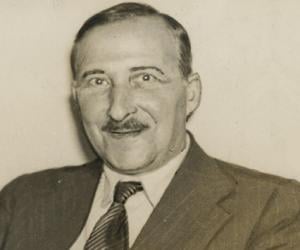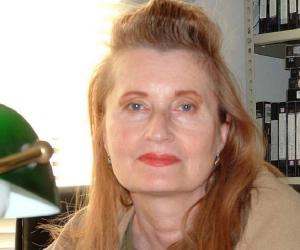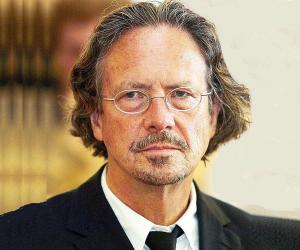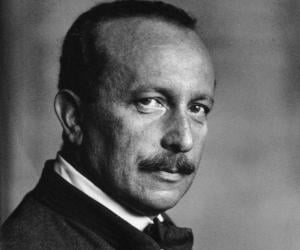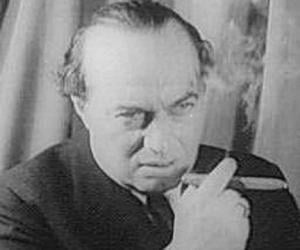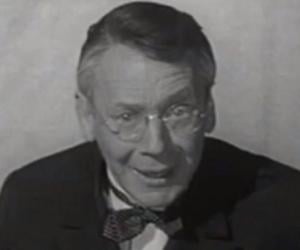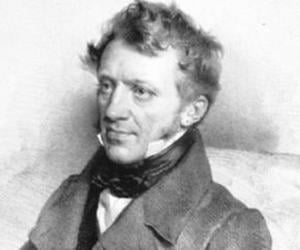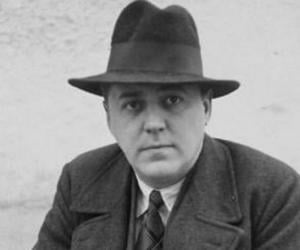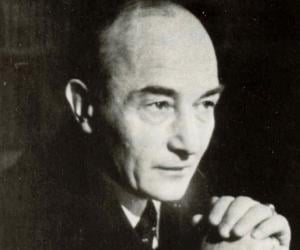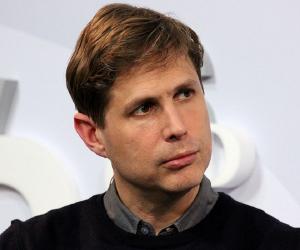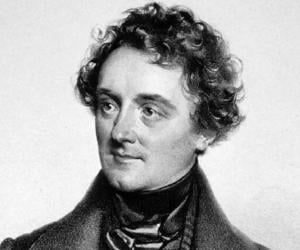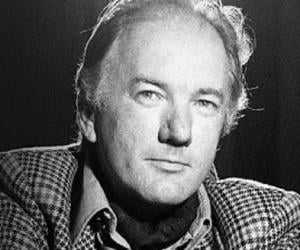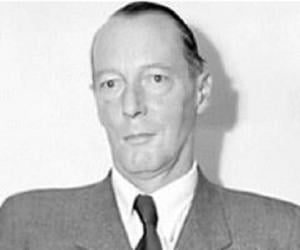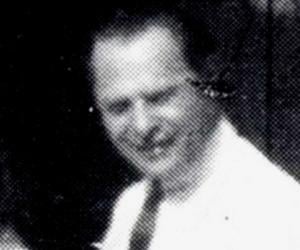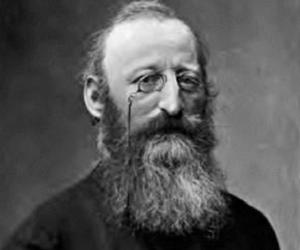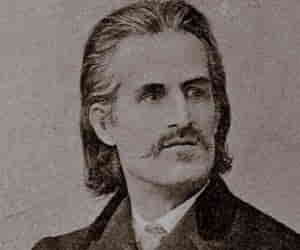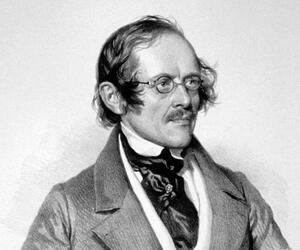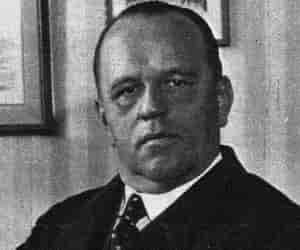1
Stefan Zweig
(One of the Most Popular and Widely Translated Writers in the World During 1920s & 1930s)
Birthdate: November 28, 1881
Sun Sign: Sagittarius
Birthplace: Vienna, Austria
Died: February 22, 1942
Stefan Zweig was an Austrian writer known for his extensive body of work in fiction and non-fiction. During the 1920s and 1930s, he was a highly acclaimed and widely translated author. His literary contributions include historical studies of prominent literary figures and significant events, as well as biographies of notable individuals. Some of his best-known works in fiction are psychological novels that delve into complex emotions. Zweig's professional life was marked by emigration due to political circumstances, leading him to settle in various countries before his tragic demise.
